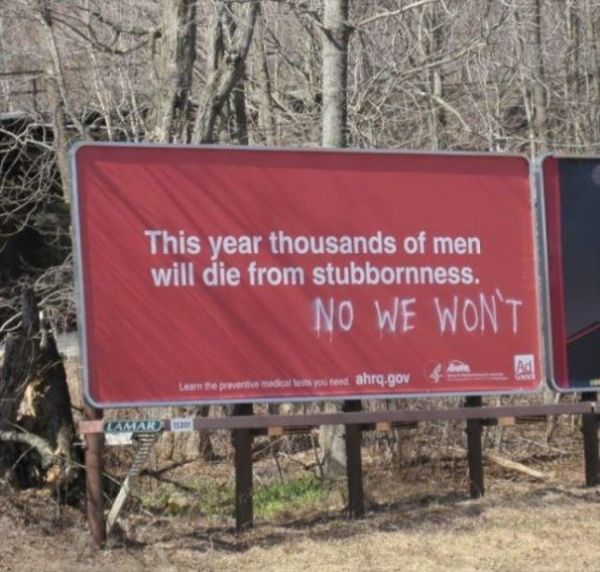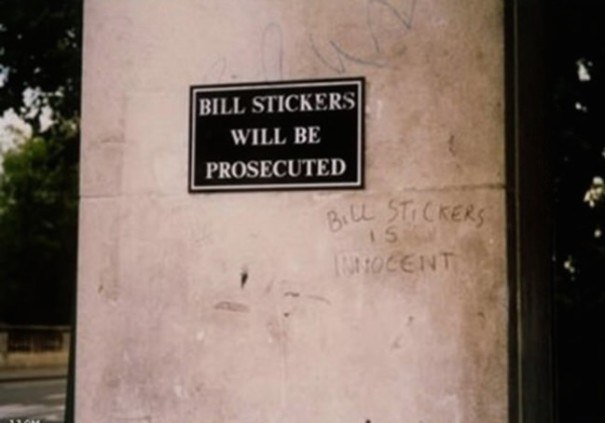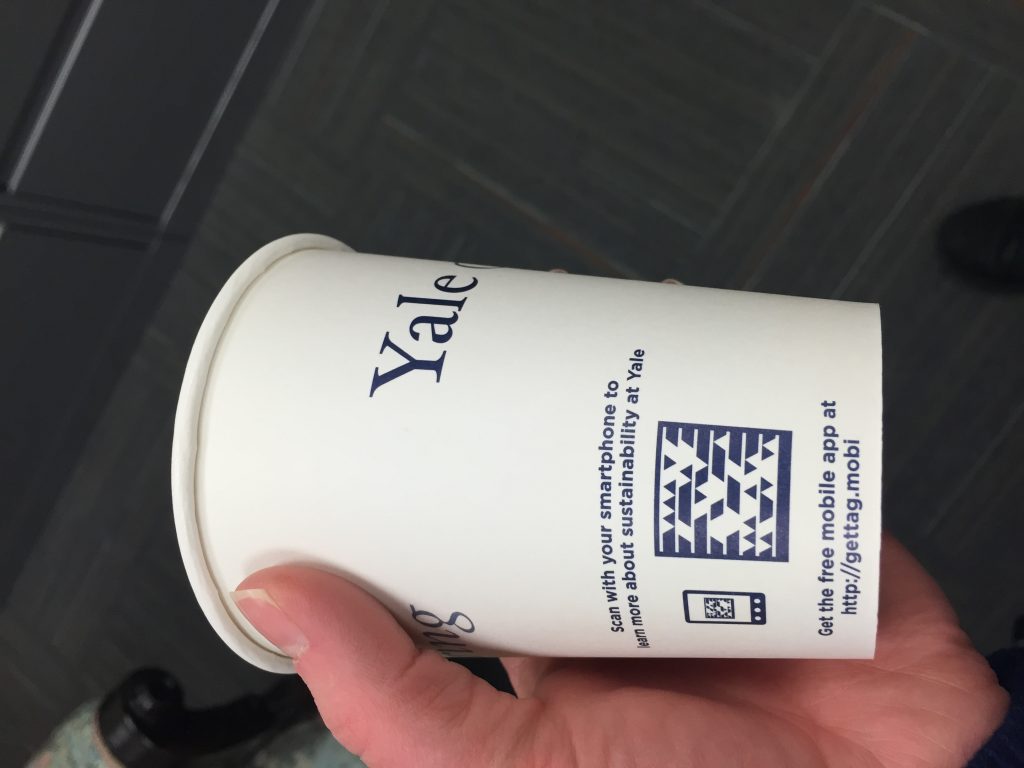Progress on Goals for Draft Sustainability Plan
- Groups are generating goals for Plan and adding as comments to document
- Deadline: class, Tuesday March 31
- STF Meeting: Wednesday April 4th at 4pm in 311 HWCC
- Basic Framework: include a range of goals:
- Goals for Administration, Faculty, Staff, Students
- Annual / Biannual or short term vs long term goals
- Please talk to me about goals for input, and indicate (with a comment) when your goals for a section are complete.
2015-16 UC160 Course
- Committed to teaching a section of UC 160 The OWU Experience with a sustainability & environment focus Spring 2016
- Coordinate with this course, also being taught Spring 2016
- Post ideas for this course in the shared document (Geog 499 folder) called Action: UC160 Sustainability
2015 Student Symposium: April 15
We need a few class members to speak, and the rest to develop presentation materials. Post ideas for this presentation in the shared document (Geog 499 folder) called Action: 2015 Student Symposium
Panel 7: Social Sciences
Faculty Moderator: Dr. Christopher Fink, Health and Human Kinetics
5:15 – 5:50 SCSC 161
5:15 Nathan Madonich and Sara Scinto, An Exploration of the Structure, Dynamics, and Impact on Quality of Life of Selected Short Food Supply Chains (SFSCs) in Italy and the United States
5:30 GEOG 499 – Seminar: OWU Campus Sustainability Plan, Draft Sustainability Plan for OWU
The room is equipped with a projector and a computer so you can use any visual material you choose. Each talk is scheduled for 10 minutes with 5 minutes for questions and answers. There are 5 minutes for transition between panelists. I encourage you to arrive early to load your presentation on the local computer to speed up the transitions. You are expected to stay and listen to all of the papers presented at your panel. You are also invited to the reception during the Poster Session at 6:15 in the SCSC Atrium.
Grants & 2015 Dominion Foundation Grant
- Dominion Foundation information here
- PDF of grant content (content starts on page 6 – under Request Information) here
- Share additional grant opportunities you have found (as per previous request) in the shared document (Geog 499 folder) called Action: Grants / Foundations
QR Codes and Sustainability at OWU
Alumni Emily Hau sent along a Yale (where she works) thing that we may be able to do something with – a QR code that goes to the sustainability web site or potentially goes to info about specific programs. Not sure if people use these codes much but may be worth thinking about ideas.
- Post ideas for how we might use QR codes in the shared document (Geog 499 folder) called Action: QR Codes / Sustainability
Badges! We need some Stinkin’ Badges!
You are probably familiar with Boy or Girl Scout merit badges. The point was simple, an organization set up guidelines for a goal or task and, when completed, the badge is issued. For the Scouts, the badge is a recognition of effort and accomplishment.
Think about your experience in college. You get credits and eventually a degree: all similar in a way to a scout badge. Specific courses and a degree are all recognition of effort and accomplishment. There are, however, many things you do as part of your college education that are not officially recognized: internships, volunteer projects, SLU projects. An increasing number of efforts like this on campus are related to sustainability and environment. You can put these on your resume, but why not go a step further with some kind of formal recognition for non-credit accomplishments: this is the idea of Digital or Open Badges.
Digital or Open Badges are getting the most attention in the growing world of MOOCs (Massive Online Open Courses). MOOCs are free online courses, typically offered by institutions of higher learning or organizations. You can learn stuff, but typically you don’t get any credit for the effort (eg., they don’t count towards a degree). So credentials are something you have to pay for. Digital Badges, associated with the completion of MOOCs offer some semblance of a credit (or credential) in contexts where you are not getting official university credit. They are, in essence, a way around the pay for a credit or degree model of education.
There are many models of Digital Badges but most require some kind of official organization to set guidelines which, when met, result in a badge. It is preferable if the requirements for the badge is set up and overseen by educators and professionals familiar with the content the badge represents. The badge is not issued until there is clear evidence that the specified tasks have been completed.
What about a series of sustainability and environment badges for efforts by students (and staff and faculty) at OWU? I envision an oversight group (maybe STF, but it would be good to include off campus professionals). While symbolic, the idea is that the badge is a more official and potentially meaningful way to recognize effort and accomplishment than a line on a resume.
Look over some resources on Badges and lets discuss if and how we might consider implementing a system here at OWU.
Post ideas for how we might use QR codes in the shared document (Geog 499 folder) called Action: Stinkin’ Badges
- Question: badges vs. .25 credit (like physical education courses)
- Educause: Badges overview of badges from higher education perspective
- Wikipedia: Digital Badge overview of broader context of digital badges with resources
- Chronicle of Higher Education: “A Future Full of Badges”
- New York Times: “Here’s What Will Truly Change Higher Education”
- Mozilla Foundation: P2P Badges


